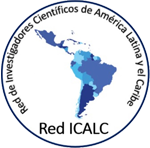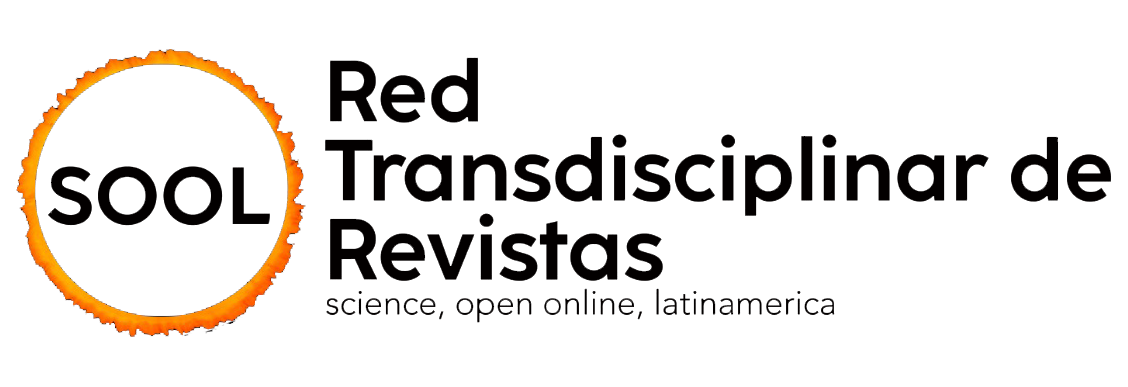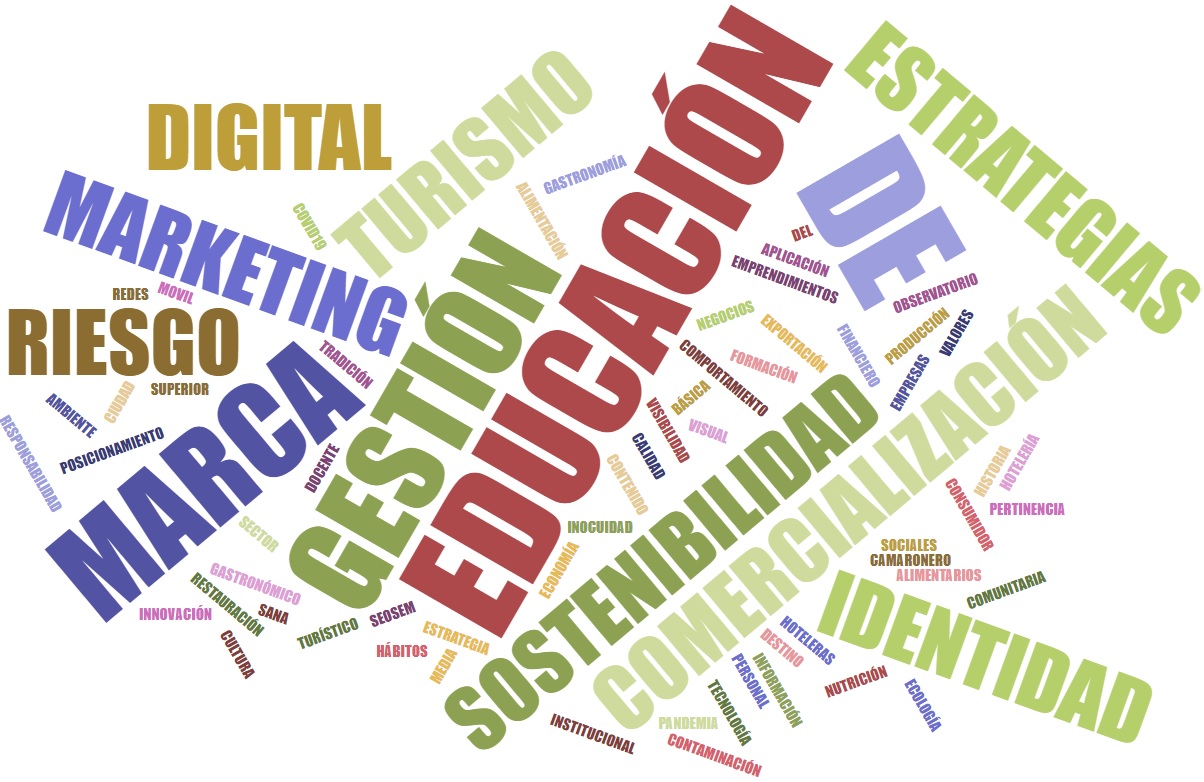
DECLARACIÓN DE BERLÍN SOBRE ACCESO ABIERTO
DECLARACIÓN DE SAN FRANCISCO SOBRE LA EVALUACIÓN DE LA INVESTIGACIÓN



Descargar plantilla para artículo-Actualizado
Descargar Plantilla Biografía Autores
Descargar Carta de Originalidad
Descargar Carta de Cesión de Derechos
Descargar plantilla para revisores (Doble ciego)
Documento para Revisores Invitados
Descargar Instalador y actualizador APA 7 en Word






























